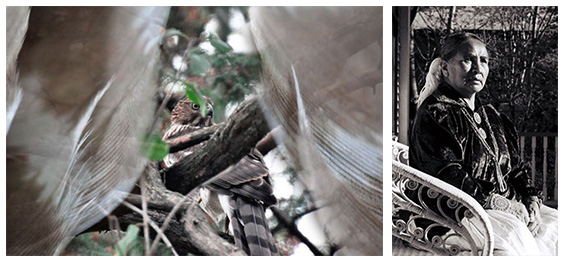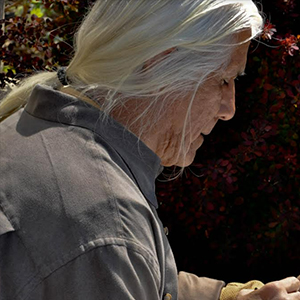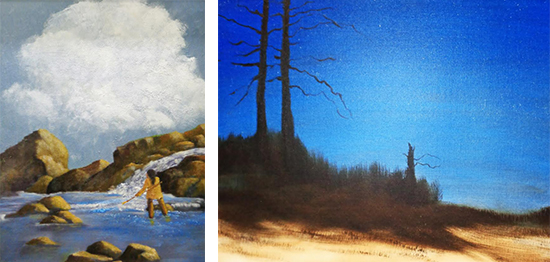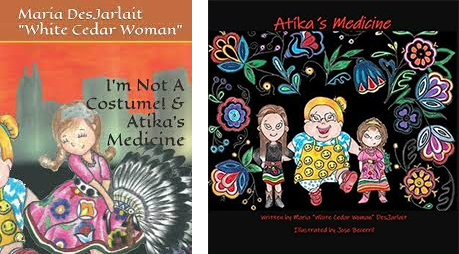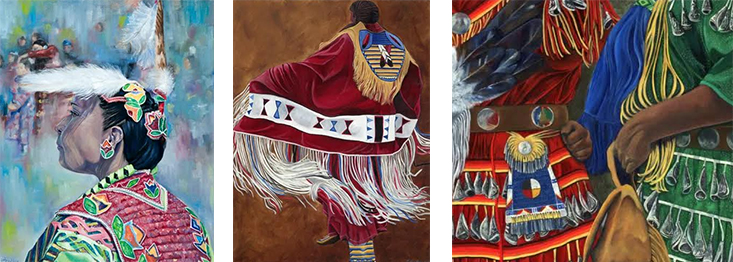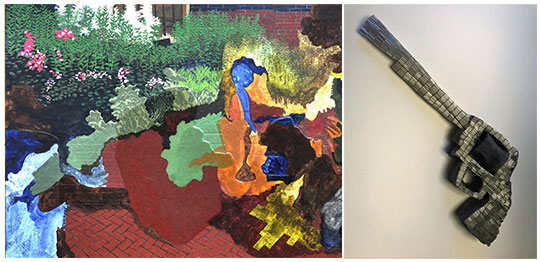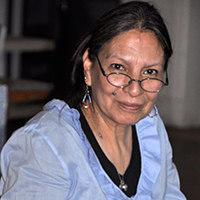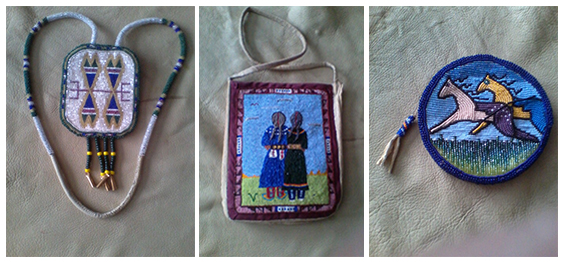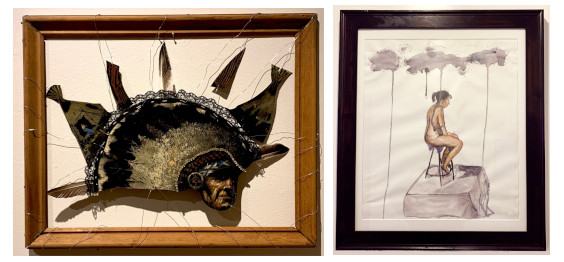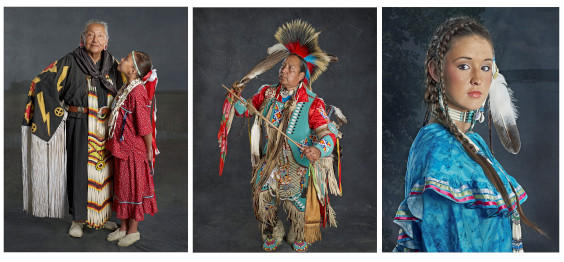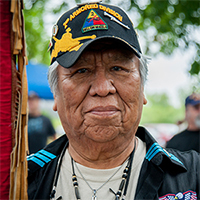
The Chicago American Indian Community Collaborative celebrates the passage of HB1633 – Native American History.
After many months of meetings, planning, drafts and negotiations the dreams of many Native Americans in Illinois have come true. HB1633 – Native American History has passed both houses and is awaiting the signature of Governor Pritzker. The Chicago American Indian Community Collaborative (CAICC) celebrates the passage and hard work of many individuals.
It is a multi-faceted bill that includes the following components:
- Mandates Native American history be taught K-12
- Native American history to include sovereignty and self-determination along with focus on Urban Indians
- Includes a Native American on the State Education Equity Commission
- Includes Native Americans in the study of the Holocaust and Genocide
In conjunction with this effort, the Illinois State Board of Education has established an Inclusive History Working Group this includes Native Americans. Instructional materials and resources are being developed in consultation with the American Indian Community
Beginning with the 2024-2025 school year, every public elementary school and high school social studies course pertaining to American history or government shall include in its curriculum a unit of instruction studying the events of the Native American experience and Native American history within the Midwest and this State since time immemorial.
These events shall include the contributions of Native Americans in government and the arts, humanities, and sciences, as well as the contributions of Native Americans to the economic, cultural, social, and political development of their own nations and of the United States.
The unit of instruction must describe large urban Native American populations in this State, including the history and experiences of contemporary Native Americans living in Illinois.
Instruction in grades 6 through 12 shall include the study of the genocide of and discrimination against Native Americans, as well as tribal sovereignty, treaties made between tribal nations and the United States, and the circumstances around forced Native American relocation.
The bill was sponsored by Representative Maurice West (D-67). He has been supporting and assisting the local Native Community for over a year in its crafting. All American Indians are appreciative of his backing, dedication and enthusiasm of his effort.
The Chicago American Indian Community Collaborative celebrates the passage of SB1446 – School Dress Policy
After the personal tragedy of a local Native American high school student who was denied the receipt of his diploma at the school’s graduation ceremony for wearing religious and culturally significant regalia, the Illinois legislature has passed SB1446 – School Dress Policy. The Chicago American Indian Community Collaborative (CAICC) celebrates the passage and hard work of many individuals.
By no later than July 1, 2024, the State Board of Education shall make available to schools resource materials developed in consultation with stakeholders regarding a student wearing any articles of clothing or items that have cultural or religious significance to the student if those articles of clothing or items are not obscene or derogatory toward others and the right of a student to wear or accessorize the student’s graduation attire with items associated with the student’s cultural or ethnic identity or any protected characteristic or category. This includes but not limited to, Native American items of cultural significance.
As noted, the genesis of this bill was because a student was denied his diploma due to the wearing cultural gifts from his grandfather and father (both were survivors of Indian Boarding schools) at his graduation ceremony. It was a devastating experience for the entire family. This law will make those rights clearer so school administrators would not mistakenly violate them.
The bill was sponsored by Senator Suzy Glowiak Hilton (D-24). She has been supporting and assisting the local Native Community for over a year in its crafting. All American Indians are appreciative of her backing, dedication and enthusiasm of her effort,

